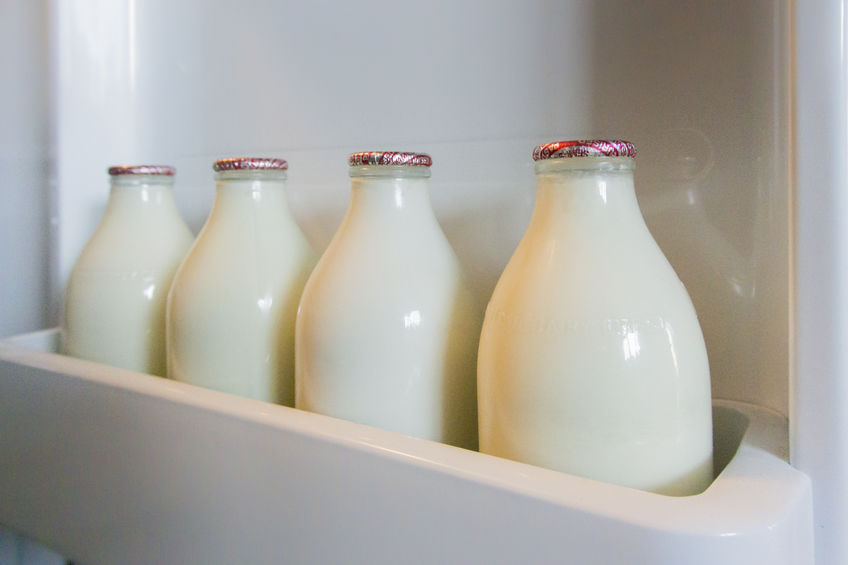
Canadian farmers have criticised the government's decision to largely ignore the role of dairy in a healthy diet in its revised Food Guide.
The government's Food Guide, which provides Canadians with nutritional advice and dietary guidelines, was last updated in 2007.
Then, the guide emphasised the role of dairy as a necessary food group, and adults were encouraged to consume two to three servings of milk or milk alternatives per day.
But the new revised version of the guide instead lumps dairy in with other proteins.
Vegetables, fruits, whole-grain foods and generalised proteins instead of meat are encouraged in the updated guide.
While vegan groups and plant-based advocates have applauded the changes, farmers have criticised the perceived anti-dairy slant.
Dairy Farmers of Canada, which represents 12,000 farms, has highlighted concerns that the updated Food Guide does not reflect the 'most recent and mounting scientific evidence available' on dairy.

It says there is 'abundant research' that demonstrates that milk products with various fat content can be a part of healthy diet.
“While the food guide has changed, milk products continue to play a valuable role in helping Canadians make healthy-eating decisions on a daily basis,” said Isabelle Neiderer, Director – Nutrition & Research at Dairy Farmers of Canada.
“The scientific evidence supporting the nutritional benefits of milk products in the promotion of bone health and prevention of chronic diseases, for instance, is stronger than ever, and new evidence continues to accumulate,” she added.
“Current and emerging scientific evidence does not support a continued focus on lower fat milk products as it reveals that milk products that contain more fat are not associated with harmful health effects and could even provide benefits.”
